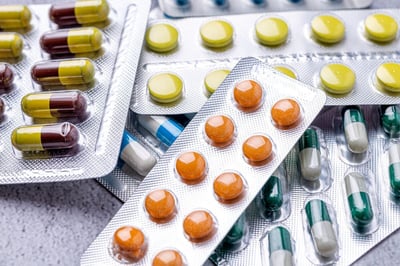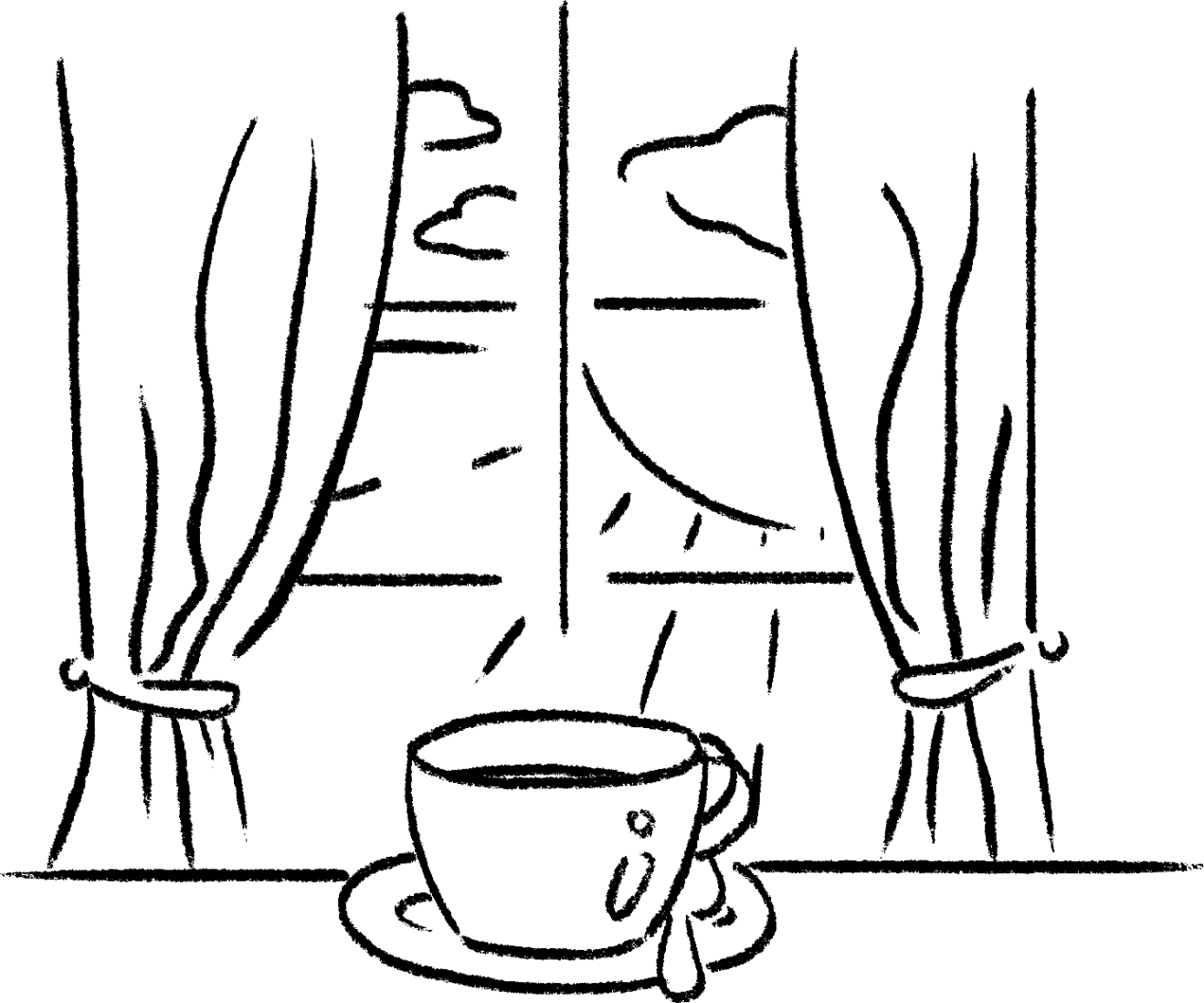Vyvanse Addiction
Vyvanse is the brand name for lisdexamfetamine, a prescription stimulant commonly used to treat ADHD and binge eating disorder. It works by increasing certain brain chemicals that help improve focus, attention, and impulse control. When taken as prescribed, Vyvanse can be an effective and well-tolerated medication. However, because it is a stimulant, it also carries risks for misuse, dependence, and side effects—especially when taken in higher doses or without medical supervision. Misuse can lead to anxiety, insomnia, increased heart rate and blood pressure, appetite suppression, and, in some cases, mood changes or paranoia.
This section explores how Vyvanse works, potential risks and side effects, signs of misuse or stimulant dependence, and safe treatment and support options. If Vyvanse use is a concern for you or someone you love, these resources are here to help.











